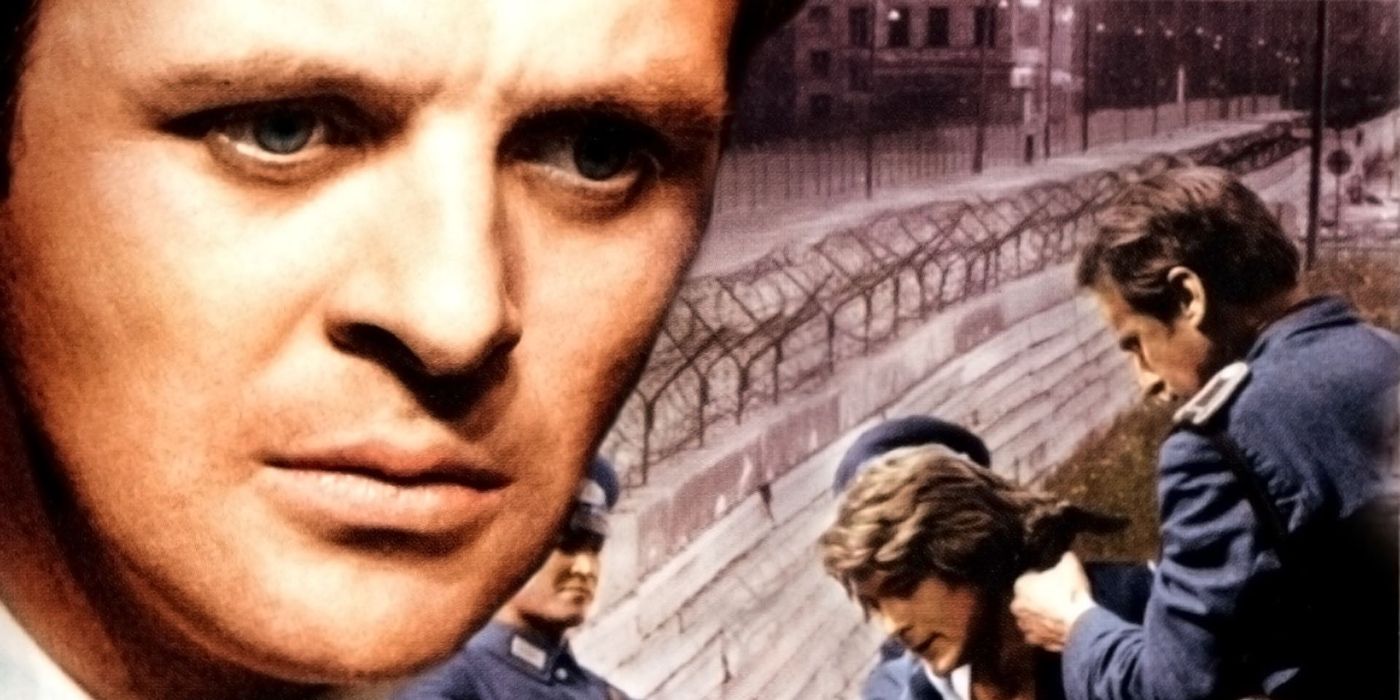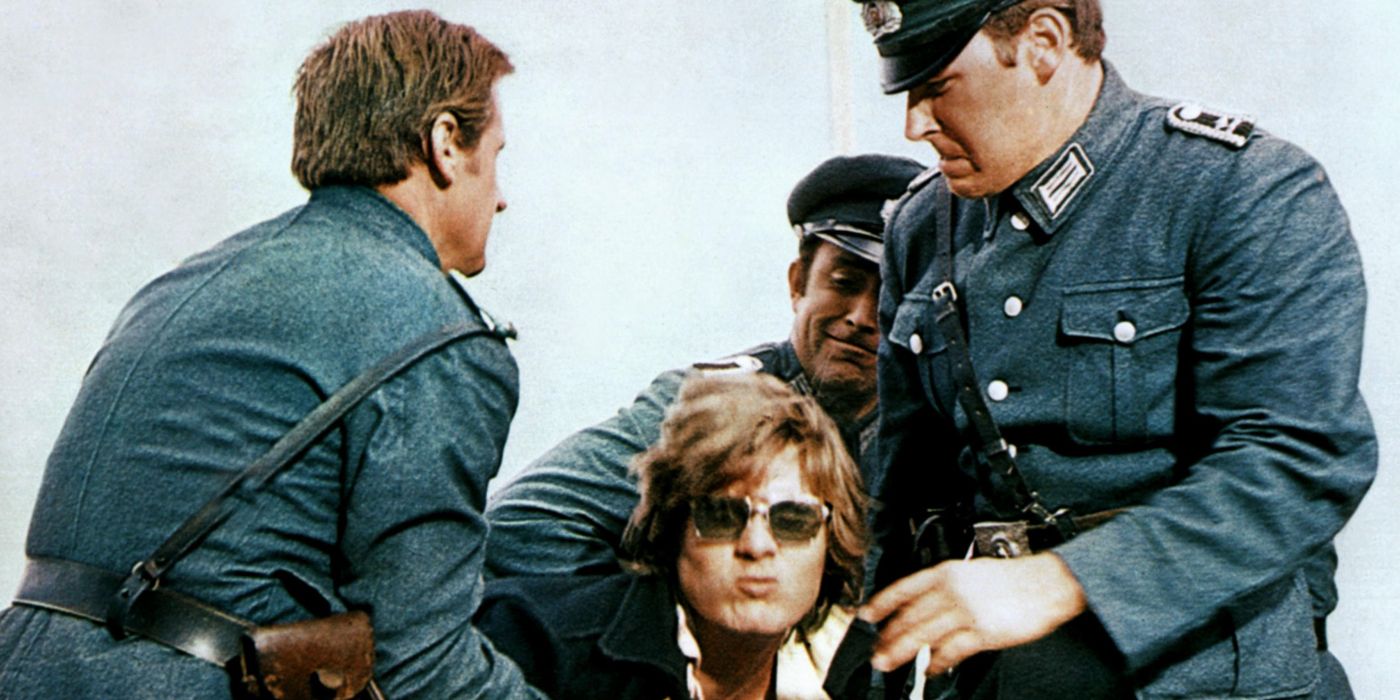The Looking Glass War provided a young Anthony Hopkins with one of his first major roles. After stars such as Cary Grant and David Niven were considered, it was the late, great Sean Connery who signed on to play the role of James Bond for 1962's Dr. No. This entry is a relatively grounded affair compared to later installments but as the success of the series grew, so did the scale and special effects. The series portrayed the life of a spy as intensely glamourous and full of adventure.
On the flipside of the British spy coin was the Harry Palmer series, which began with The Ipcress Film in 1965. Michael Caine's Palmer was the polar opposite of Bond and the movie portrayed the life of a spy as somewhat tedious and filled with red tape. Caine returned for 1966's Funeral In Berlin and Ken Russell's Billion Dollar Brain. He also returned for two TV movie sequels in the mid 1990s titled Bullet To Beijing and Midnight In Saint Petersberg but hated the experience of making them so much he nearly retired from acting altogether.
Another famous, non-glamorous British spy is George Smiley who was created by author John Le Carré, who was once part of MI6 himself. The author and his works take a much more cynical, realistic view of spycraft than the Bond franchise, and Smiley has been played by acting greats such as Alec Guinness and Gary Oldman in different adaptations of Tinker Tailor Soldier Spy. Curiously, despite appearing in le Carré's The Looking Glass War novel, the character is absent from the 1970 film.
The Looking Glass War cast Christopher Jones and Anthony Hopkins in the lead roles, with the latter having only appeared in a few previous films such as The Lion In Winter with Peter O'Toole. The story sees Jones' polish defector offered UK citizenship in exchange for heading into East Germany to investigate reports of missile sites. The first half follows his training with Hopkins' Avery, with the second half dealing his doomed mission. While Jones might technically be the lead, he was seemingly cast for his looks than his acting ability, and while he has some charisma his performance is often quite stiff; his voice was also dubbed over in the final movie.
Anthony Hopkins, on the other hand, is great as the conflicted Avery. Despite being a relative supporting player in The Looking Glass War, following his rise to stardom in later years thanks to The Silence Of The Lambs, his face is all over posters and DVD covers for it. The actor apparently didn't have a great time making it due to a mix of his personal life being a mess and not getting along with Jones, though he enjoyed working with co-star Ralph Richardson. Christopher Jones seemed set for stardom during this era and was later cast by David Lean for Ryan's Daughter after he saw his performance in The Looking Glass War. Lean, however, was unaware Jones' voice had been dubbed and the two reportedly had a terrible experience working together. Jones is also said to have retired from acting following the film due to his voice being dubbed yet again.


